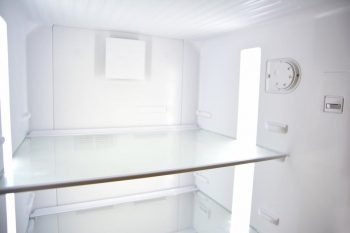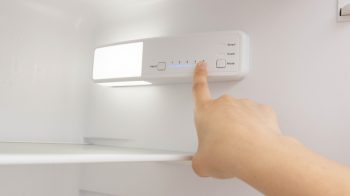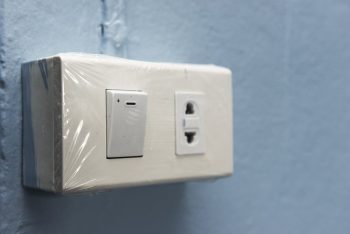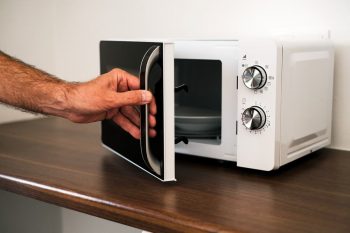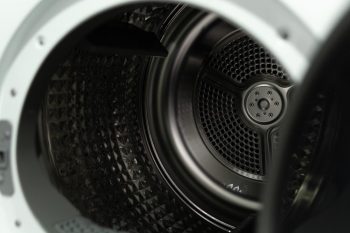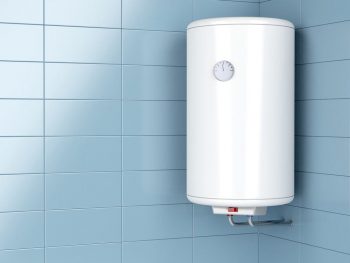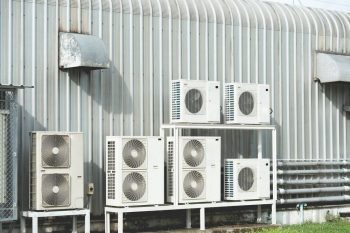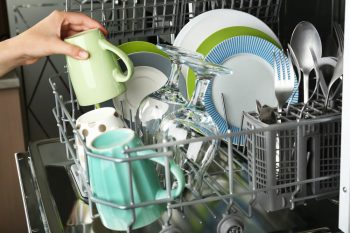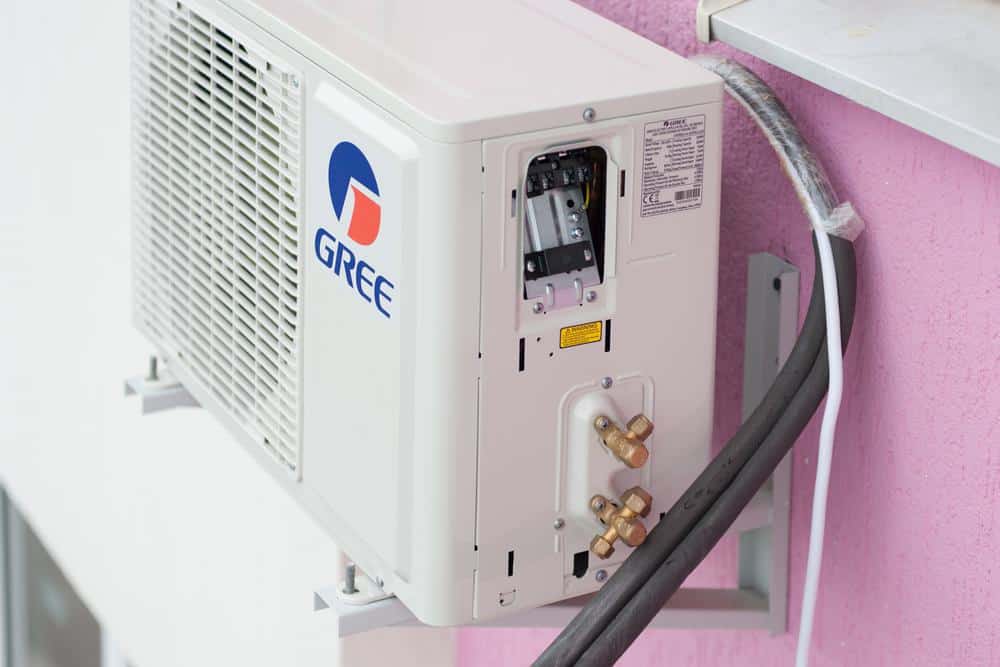
Air conditioning systems are a godsend, especially during the hot summer months. However, nothing can ruin your comfort faster than a bad smell emanating from your Split AC unit. This article will guide you on how to remove bad smells from your Split AC, covering everything from identifying the source of the smell to effective DIY methods and when to call in a professional.
To remove bad smells from your Split AC, start by identifying the source of the smell, which could be mold, bacteria, dirty filters, standing water, refrigerant leakage, dead rodents, or electrical issues. Try DIY methods like cleaning or replacing the air filters, cleaning the evaporator coils and condensate drain line, checking for excess moisture, and clearing air ducts of debris. Use air purifiers or odor eliminators if necessary. If the smell persists or indicates a serious issue, call a professional. Regular maintenance can help prevent bad smells in the future.
Understanding the Source of the Bad Smell
There are several reasons why your Split AC could be emitting a bad smell. These include:
- Mold and bacteria: Accumulation of mold and bacteria in the air ducts or on the evaporator coil can cause a musty smell. This often occurs due to excess moisture or humidity, creating a suitable environment for mold growth.
- Dirty filters: Clogged or dirty filters can trap moisture and lead to the growth of mold and mildew, causing a stale or musty smell.
- Standing water: If the drain pipe is not draining properly, standing water can cause a foul odor.
- Refrigerant leakage: A leak in the refrigerant line can cause a smell similar to exhaust fumes.
- Dead rodents or critters: A foul or rotten smell can be caused by dead animals stuck in the AC system.
- Motor burnout or electrical issues: A burning smell can indicate that components in the air conditioning system are overheating or experiencing electrical malfunctioning.
DIY Methods for Removing Bad Smells
Before considering professional help, you can try several DIY methods to remove bad smells:
- Clean or replace the air filters: Dirty filters can trap odors and restrict airflow, leading to unpleasant smells. Clean washable filters with soap and water, or replace them if necessary.
- Clean the evaporator coils: Use a foaming coil cleaner to clean the coils, which can accumulate dust and dirt, leading to mold and mildew growth.
- Clean the condensate drain line: Clogged drain lines can cause excess moisture and mold growth, resulting in bad smells. Clean the drain line to ensure proper drainage.
- Check for excess moisture: Excess moisture can lead to mold and mildew growth. Inspect your AC unit for any signs of excess moisture and address the issue accordingly.
- Clear air ducts of debris: Clean the air ducts to remove any accumulated dust, debris, or mold that may be causing the bad smell.
- Regular maintenance: Schedule routine maintenance with a professional HVAC technician to ensure optimal performance and prevent odor-related issues.
- Use air purifiers: In conjunction with the AC system, air purifiers can help eliminate odors and improve indoor air quality.
- Check for dead animals: A foul or rotten smell could be due to dead rodents or critters stuck in the AC unit or ductwork. Remove the dead animal and clean the affected area to resolve the issue.
- Use odor eliminators: Products like the Nu Calgon ClenAir MiniFresh Mini Split Odor Eliminator or Eco Friendly Mini Split Deodorizer can help remove odors and improve indoor air quality.
When to Call a Professional
If the smell persists after trying these DIY methods, or if you notice a smell that indicates a potentially serious issue, such as a gas leak or electrical problem, it’s best to call a professional. They can diagnose and fix the problem, ensuring the safety and efficiency of your AC system.
The Importance of Regular Maintenance
To prevent bad smells in the first place, regular maintenance of your Split AC system is key. It’s recommended to have routine maintenance performed twice a year and have your mini split system serviced and deep-cleaned annually. Regular maintenance helps prevent underperformance, poor indoor air quality, and premature failure.
In conclusion, bad smells coming from your Split AC are not just an inconvenience; they can also indicate underlying issues that need to be addressed. By understanding the source of the smell, trying the DIY methods mentioned, and scheduling regular maintenance, you can enjoy a fresh, cool environment in your home.
Frequently Asked Questions
How often should I clean or replace the air filters in my Split AC?
It’s generally recommended to clean or replace the air filters in your Split AC every 1-3 months, depending on usage and air quality. However, if you have pets or live in a dusty environment, you may need to do it more frequently.
What is a refrigerant leak and how can it cause a bad smell in my Split AC?
A refrigerant leak happens when the refrigerant gas in your Split AC escapes due to a hole or crack in the coils that contain it. This can cause a smell similar to exhaust fumes. Besides the smell, a refrigerant leak can reduce the efficiency of your AC and can be harmful to the environment.
Can I clean the evaporator coils of my Split AC myself?
Yes, you can clean the evaporator coils yourself using a foaming coil cleaner. However, be sure to follow the instructions on the product label and take necessary precautions. If you’re not comfortable doing it yourself, it’s best to hire a professional.
What are some signs of excess moisture in my Split AC unit?
Some signs of excess moisture in your Split AC unit include a musty smell, visible mold or mildew growth, and water leakage around the unit.
What kind of professional should I call if I suspect a serious issue with my Split AC?
If you suspect a serious issue with your Split AC, it’s best to call a professional HVAC (Heating, Ventilation, and Air Conditioning) technician. They have the necessary expertise and tools to diagnose and fix AC-related problems.

